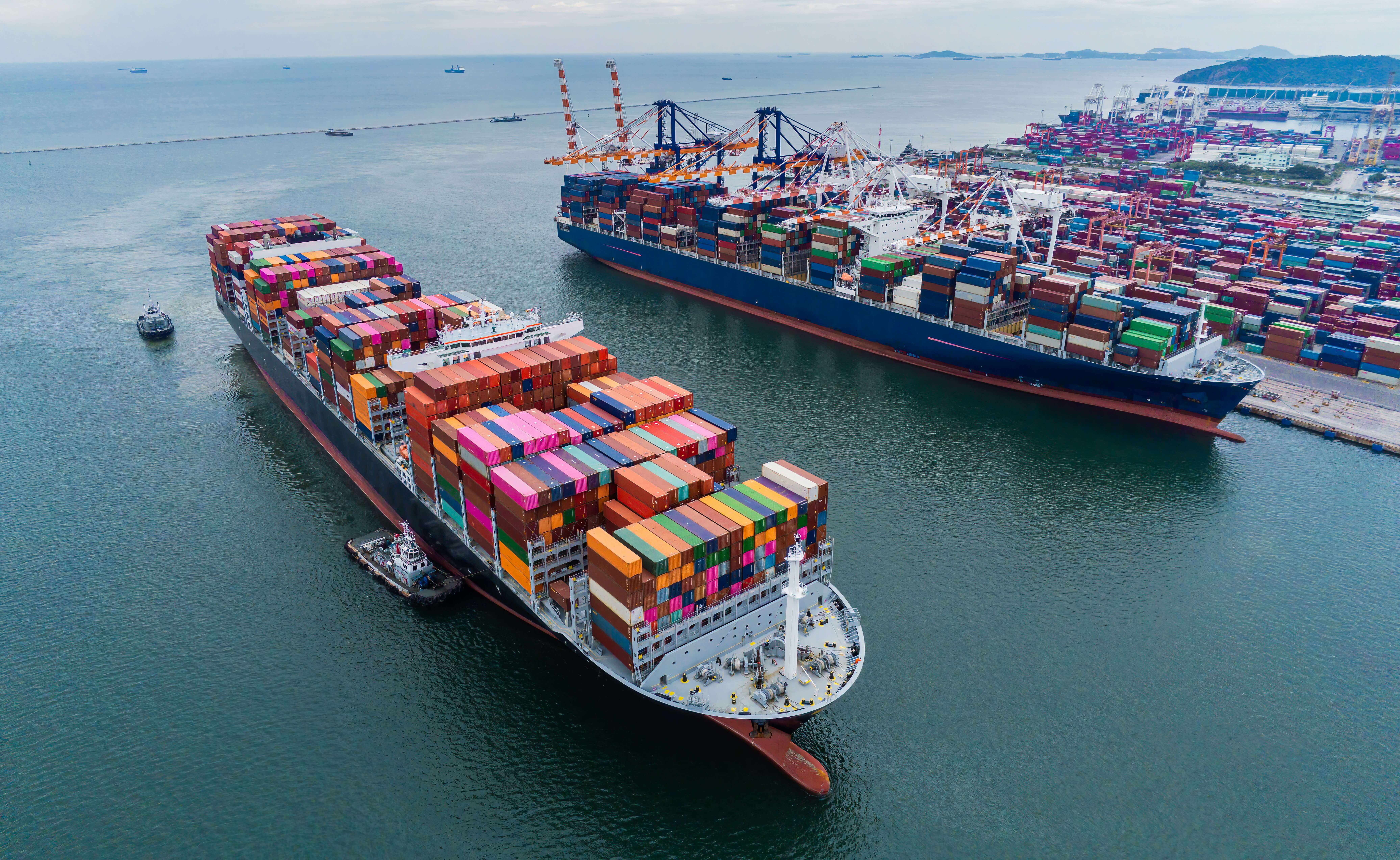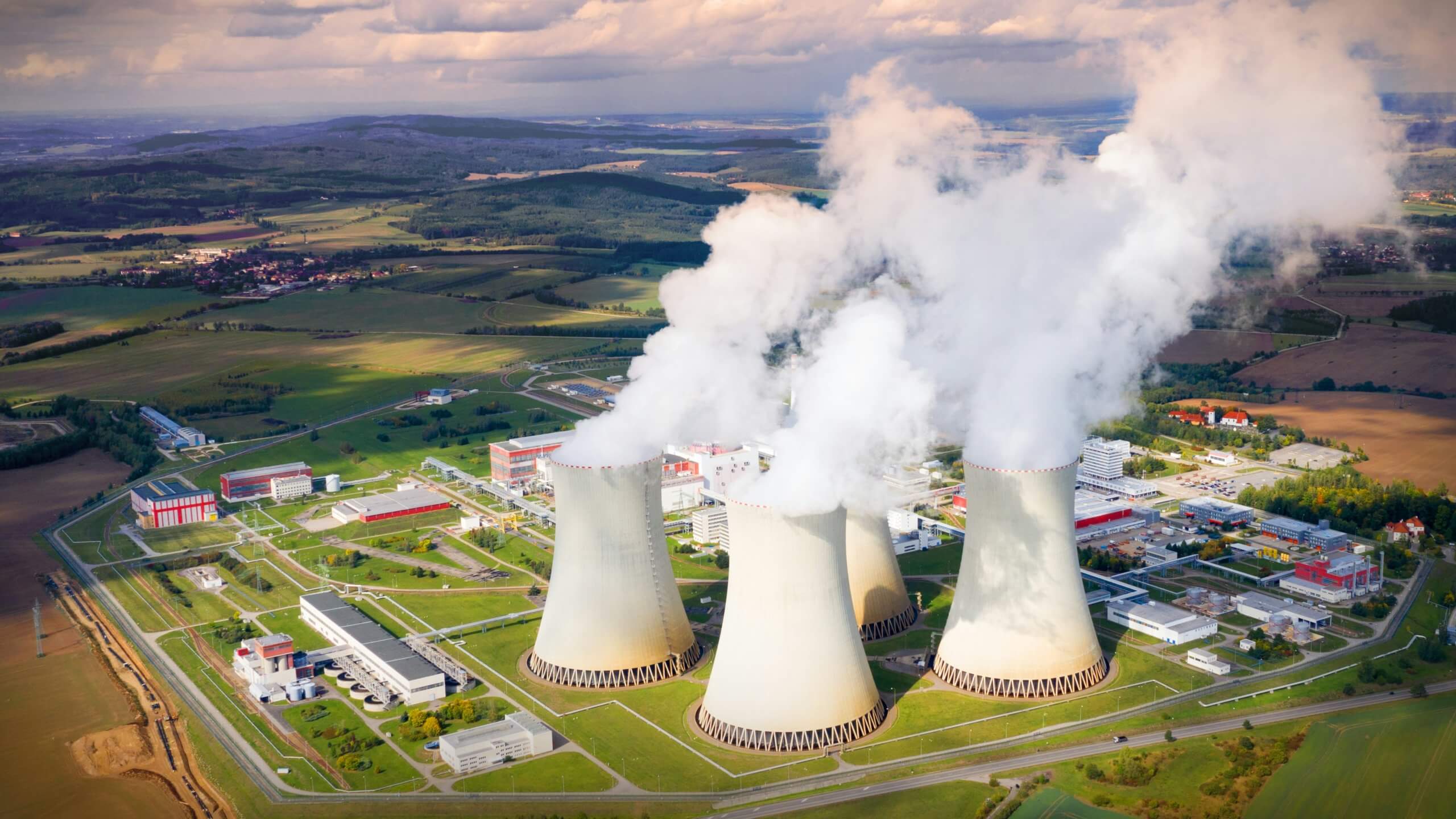Historic agreement tackling shipping emissions: After nearly a decade of negotiations, countries have agreed to a historic international agreement to tackle shipping emissions. Starting in 2028, ship owners will have to use cleaner fuels or face fines.
At any given moment there are about 50,000 ships transporting goods across the world’s oceans and with global trade increasing, shipping routes are likely to keep getting more crowded. Shipping accounts for around 3% of global emissions but unlike many other sectors it has struggled to reduce its reliance on fossil fuels and associated carbon footprint.
However, the new agreement will make shipping the first industry in the world to have internationally mandated targets to reduce its emissions. Large international vessels will be required to use less carbon intensive fuels or face fines of up to £280 per tonne of carbon emissions from burning fuel. It is estimated that the agreement could achieve an 8% reduction in emissions from the shipping industry by 2030.
Some environmental groups and island states were disappointed with the deal, saying that it fell short of what they were hoping for and was heavily influenced by oil-producing nations. The Global Maritime Forum said that the deal was a compromise based on a “difficult set of decisions” but that it was “the first regulation of its kind and that is to be celebrated.”
Area burned by UK wildfires already at annual record in April: Satellite data suggests that the area burned by wildlife in the UK so far this year is already higher than the total for any year in more than a decade.
Wildfires are common in the UK in early spring, as dead or dormant vegetation at the end of winter dries out quickly, but the prolonged dry, sunny weather in March and April created ideal conditions for widespread burning. More than 80 large wildfires (30 hectares or more) have been detected across the UK since the beginning of the year.
Certain plants, such as heather, are adapted to fire-prone environments, so not all wildfires are catastrophic, particularly smaller and low intensity ones. However, increasingly frequent and intense wildfires can impair vegetations ability to naturally recover.
Scientists and researchers are more worried about what is going to happen in the summer where there are fewer wildfires, but they are often bigger and more intense. They are calling for the UK to be more prepared to manage wildfires as they become a more common occurrence.
Finland phases out coal power: Finland has shut down its last coal-fired power plant, becoming the latest country to fully phase out coal power in favour of renewables.
In 2019, the Finnish Government passed a law to ban coal from 2029. Since then, Finland’s renewable energy generation, such as from wind and solar, increased rapidly and coal use collapsed. Shutting down the last coal-fired power plant is expected to reduce Finland’s emissions by 2% and accelerate their transition towards clean energy.


